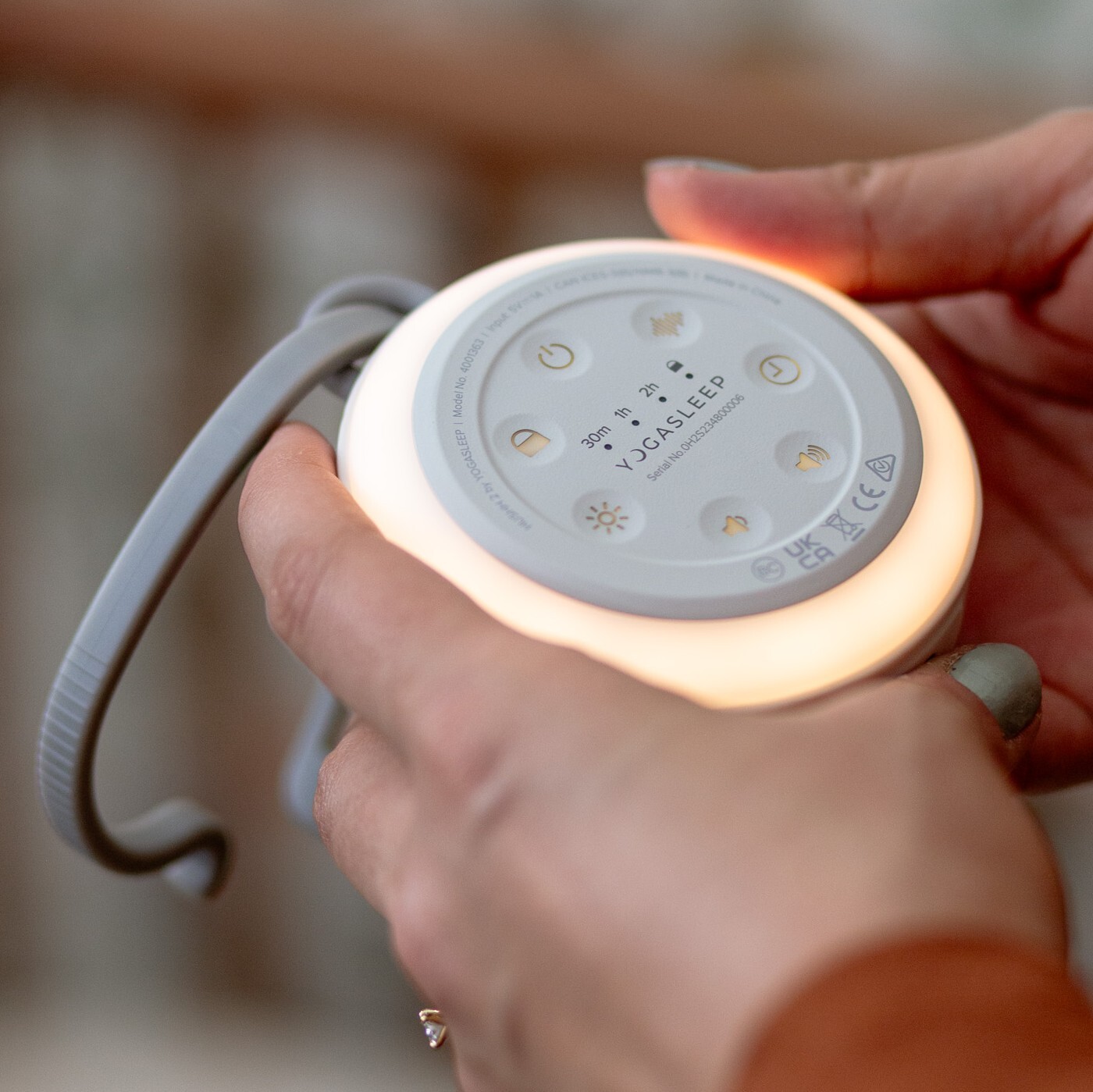A child usually masters daytime toileting before they can keep their bed dry at night. Don’t be concerned if your toddler wets the bed, because most children under the age of five years still urinate in their sleep, and one in 10 younger primary school children do too.
Don’t assume that your child can keep their bed dry just because they can manage their toileting when they are awake. It might help to think of staying dry at night as completely separate to daytime toilet use.
Night Toilet Training
How to tell when your child is ready
Leave your child in nappies until they are ready. Suggestions include:
-
If your child wakes up every morning with a wet nappy, they’re not ready. If you take them out of night-time nappies, they will wet the bed.
-
Keep your child in night-time nappies until most nappies are dry in the morning or until they are wet just before your child wakes. The nappy will be soaked and the urine warm.
-
Your child may attempt to go to the toilet during the night or call out for your help.
Preparations for staying dry at night
-
Make sure your child can manage to get out of bed and can easily remove their pyjamas. Encourage your child to practice pulling them up and down.
-
Talk to your child about going to the toilet at night-time. Work out your procedure together. Will they go to the toilet themselves, use a potty in their bedroom or wake you up for help?
-
You may need to talk about your chosen night-time toileting procedure a few times. For example, you might say: ‘Come into my bedroom and wake me up when you need to go to the toilet, and I’ll help you’.
-
Put a waterproof mattress protector on their mattress.
-
Make sure your child has easy access and vision to find the toilet at night.
Staying dry at night
-
Make a trip to the toilet part of your child’s bedtime routine.
-
Casually remind your child to get up in the night if they need to go to the toilet.
-
If your child wakes up for any reason during the night, ask them if they want to go to the toilet before being tucked back into bed.
-
Avoid pressuring your child. They’re keen to master toileting and anxious about disappointing you.
-
If your child is dry in the morning, give gentle praise but don’t be concerned if they’re wet.
-
Don’t get angry or frustrated at your child for wetting the bed. If the extra washing bothers you, buy pull-ups or use a Brolly Sheet to keep their bedding dry.
-
Don’t punish your child for wetting the bed. They’re not doing it deliberately to annoy you. Be calmly reassuring, they need your guidance.
Approaches to avoid
Some approaches will only delay your attempts to help your child stay dry at night. Approaches to avoid include:
-
Don’t criticise, humiliate or belittle your child for being a ‘baby’. Nighttime bladder control is a process of maturation. All efforts, no matter how small, should be praised.
-
Don’t punish your child by making them stay in their wet sheets or getting them to wash the soiled bed linen, for example. If your child is anxious, they are less likely to stay dry at night.
-
Don’t deprive your child of fluids in the evening. Make sure they drink plenty during the day so that they are not very thirsty in the evening.
-
Don’t talk about your child’s ‘problem’ to other people when the child is present, as this can make them feel ashamed and embarrassed.
When staying dry at night is difficult
If your child is finding it difficult to stay dry at night, some of these suggestions may help:
-
Remember that it might take years for your child to reliably master night-time dryness. Don’t stress about it or compare your child’s efforts with other children who are apparently dry at night.
-
If your child is scared of the dark, going to the toilet at night is an enormous challenge. Consider putting nightlights in the hallway. Think about leaving their door open for easy access.
-
If they feel that trekking all the way to the toilet is still too daunting, you could put a potty in their bedroom.
-
Make sure your child feels that it’s okay to wake you up in the night when they need to go to the toilet.
-
If your child is becoming anxious or frustrated, take the pressure off. Forget about night-time toilet training for a while.
Things to remember
-
Keep your child in night-time nappies until most nappies are dry in the morning.
-
Remember that it might take years for your child to reliably master night-time dryness.
-
If your child is becoming anxious or frustrated, forget about night-time toilet training for a while.
Where to get help
-
Your doctor
-
Maternal and Child Health nurse
-
Parent Line Tel. 1300 30 1300
- Maternal and Child Health Line, Victoria (24 hours) Tel. 132 229






















